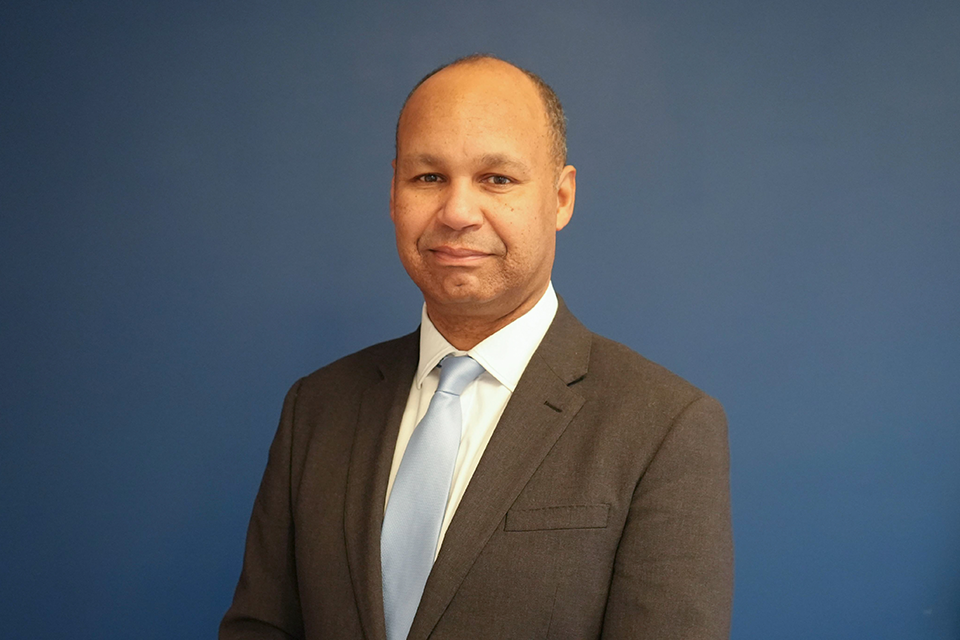Ensuring the UN budget has the greatest impact on the ground
Statement by Ambassador James Kariuki on the introduction of the proposed UN programme plan and budget for 2022.

Mr Chair,
Thank you to the Secretary-General for joining us today to introduce his proposed programme budget for 2022. I would also like to thank the ACABQ and the CPC for their work reviewing it and for providing recommendations to the Fifth Committee ahead of its own consideration of the proposed budget.
Member States have a duty to the United Nations and the people it serves to ensure that the Organisation has the right level of resource needed to carry out the mandates given to it by us, in particular in support of the 2030 Agenda.
We will evaluate the budget proposals carefully to ensure that programmes will use resources efficiently and effectively, using innovation, data and continuous improvement to enhance performance and mandate delivery. We will hold the Organisation to account for how it has, and will use resources to deliver actual results. It is crucial that the United Nations can demonstrate how it is using taxpayers’ money to make a difference.
The United Kingdom commends the Organisation on its response to the COVID pandemic, and welcomes how the reforms you implemented helped it do so. Last year, the General Assembly asked the Secretariat to factor the lessons learned from new ways of working into this year’s budget. We look forward to seeing how it has done so for next year, as well as the future – it is important that the United Nations continues to modernise. We welcome that the UN is working actively to build back better, including by identifying more cost-effective ways of implementing mandates. At such a critical time, we encourage it to go further so that every dollar – or pound - the United Nations spends has the greatest impact on the ground.
In his Common Agenda report, the Secretary General argues for the United Nations to have more predictable and sustainable funding for its work. While we support this goal, simply shifting more activity onto the regular budget is not the solution, especially at a time when nearly all member states’ national budgets are under pressure due to COVID and in light of the systemic budgetary shortfalls the Organisation has faced for decades. We reiterate our call on all member states to pay their assessed contributions on time and in full. We would also remind member states of the need to ensure that we focus the work of this Organisation on the areas that need it most - something we have all committed to as part of General Assembly revitalisation. It also requires the Organisation to be allowed to use its resources more flexibly and prioritise more effectively how it deploy its resources to areas where it has greatest impact.
Mr Chair,
This is the third year that we will consider an annual programme budget since adoption of General Assembly resolution 72/266. The United Kingdom remains a firm supporter of the Secretary-General’s reforms, including the move to an annual budget. Next year we will review its implementation. We encourage the Secretary-General to present a robust, evidence-based case for making it permanent: including, where necessary, making proposals that could further improve the process.
Finally Mr Chair, I would like to assure you and the Secretary General of my delegation’s commitment to work constructively with all delegations to reach a good and timely outcome on the 2022 budget.
Thank you.